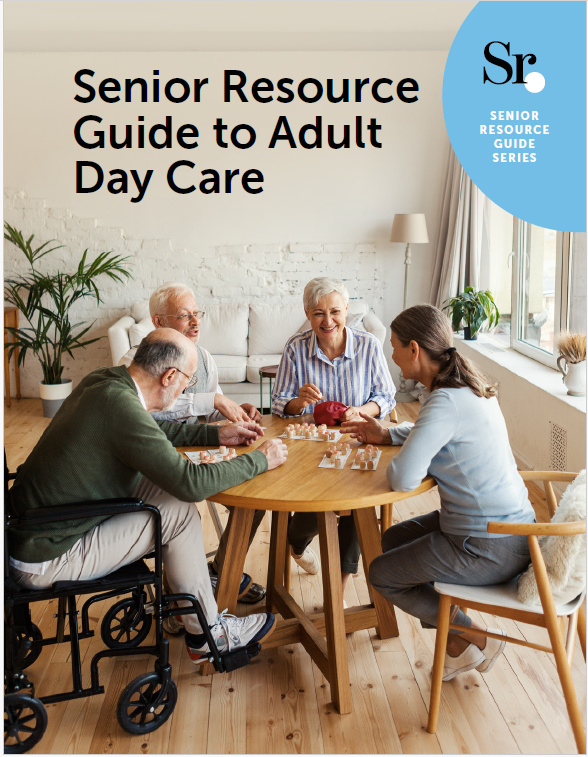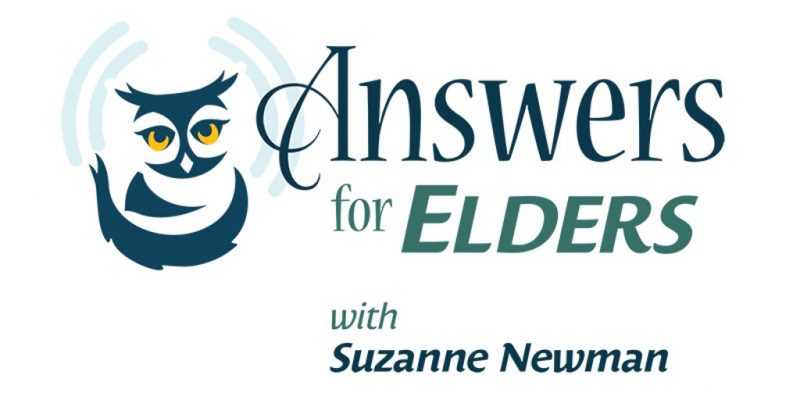Answers for Elders (Page 33 of 104)
Lifestyle Changes to Avoid Dementia
AFE is joined by Dr. Paul Winner, of the Premiere Research Institute to discuss lifestyle changes you can make now to help avoid dementia.
Memory Loss is Not Normal In Aging
“Not only are we aggressively treating patients in these we call early AD…you’re now able to tell if someone biologically has the disease.”
US Army Veteran Interview: Gil Conforti
Retired US Army Lieutenant Colonel Gil Conforti talks with Answers for Elders about his time in Korea, Germany, Vietnam, and Iran.
Veteran Interview: Sergeant Major Bill North
Answers for Elders talks with Patriot’s Landing resident, Bill North. Bill is a retired Sergeant Major with the US Army, born in 1932. Here is his story.
Qualifying for VA Compensation, a.k.a. Disability
Elder law attorney Jim Koewler joins Suzanne to talk about qualifying for the federal program known as VA Compensation.
Answers for Elders Podcast: What Is Estate Planning?
Stephen Waltar from Legacy Estate Planning in Bellvue, WA discusses estate planning with Suzanne Newman of Answers for Elders.
Long-Term Care Insurance, with Jim Koewler
Elder Law and special needs attorney Jim Koewler talks to Answers for Elders about long-term care insurance. When should you buy and what do you need to look for in an insurance company?
Music Mends Minds, Part 3
Carol Rosenstein, the founder of Music Mends Minds, joins Suzanne to talk more about how her program expanded during COVID.
Carol explains, “COVID closed us down, and it was a nightmare. And a board certified music therapist hired to participate in our in-person groups said there’s something called Zoom. Zoom? Let’s Zoom. So seniors showed up on Zoom, and we started to connect with people from all over the world, because it doesn’t matter where you’re located. We continued our growth spurt in spite of the closing down. Today, we’re still on Zoom three times a week 11:30 to 12:30 Monday Wednesday Friday, and we’re singing, socializing, and having the best time ever on Zoom.”
The kind of music they feature is from the older generation, because our memory recalls all of the oldies but goodies, and so when you sing an oldie but goodie, you’ve got the music as the anchor. “Music excites those cells from yesteryear, and that’s why our seniors will wake up and sing a song. Sing a song – it’s as palpable and important as having that pill out of your medicine jar. And the side effects are pure joy and increased brain function, not only for the patients, but the caregivers and the families at large. It’s a win win win situation with music.”
For more information, email Carol at info@musicmendsminds.org/, call her at (818) 326-0500, and you can donate to keep them growing at https://www.musicmendsminds.org/.
Music Mends Minds, Part 1
Carol Rosenstein, the founder of Music Mends Minds, joins Suzanne to talk about how music transforms people’s lives, particularly those suffering from Parkinson’s disease, dementia, or Alzheimer’s.
Carol was deeply affected by this story: “In 1992, Dr. Concerto Tomano was a newly graduated music therapist. She was summoned to a local facility of end-stage dementia patients. The facility said, come and entertain our people. They are “the water and feeding group” because their brains are gone. She showed up in a communal area flanked by dementia patients that were in wheelchairs, some with mittens and their hands secured so that they couldn’t get out of the wheelchair, others that were standing around in catatonic states, and she started to play the piano. Within seconds, these people started singing, mouthing, and moving to the music.
“I was so transfixed by her story. My precious Owen, who is now gone almost two years, had Parkinson’s and dementia. Ten years into the journey, he had medication issues. As a Parkinsonian patient, he was taking synthetic dopamine several times a day. His brain was on overload. He was hallucinating, he was agitated. Our neurologist read these clinical findings, and said, it’s the dopamine, Carol, bring down the dose. You know that your beloved becomes a wet noodle – the hallucinations were gone, the agitation was gone, but my guy was spent. He played the piano socially, sitting at the piano, as a wet noodle. I would see him become a dry one. Within five, ten minutes he had re-entered the environment as if I had given him a dose of med. And seeing this repeatedly, and with my clinical eye, I told the doctor, and he said that we’re watching the power of music changing brain chemistry.
“I said, can I get a few like-minded souls and let’s jam and make music together and have all of them respond? He says yes. And that’s when everything started to change in my household, and in many many other households. Because I called for a launch. Thirty strangers arrived at a local private school in their music studio. They had the Steinway piano and the drum kit and a wall full of instruments for any kid to choose whatever they want for the session. And here thirty people gathered. One of them went to the Steinway piano, another to the drum kit as a drummer. My husband took a saxophone off the wall, and Sam opened up his jacket pocket and pulled out a harmonica out of his jacket pocket, and before you knew it, 15 minutes later, these total strangers, all with our diagnoses, were joined at the hip making music together. That was the start of the Fifth Dementia band.
“It just is so important to understand music is medicine for the mind, regardless of what ails you. We have a partnership with Rotary International that takes us global. ”Rotary” magazine featured us in the May 2022 edition with a seven page story and me on the cover. So we reach out to share with people how they can start a musical group through their organizations to reach the seniors who need the music. Because music is medicine, and changed their lives.”
Learn more at https://www.musicmendsminds.org/. You can also text or call (818) 326- 0500.
Music Mends Minds, Part 2
Carol Rosenstein, the founder of Music Mends Minds, joins Suzanne to talk more about how music transforms those suffering from Parkinson’s disease, dementia, or Alzheimer’s. Carol wants to bring our attention to two important takeaways.
First, there are cells in our brains that have to do with music memory storage. Those cells are generated when a fetus in utero is six months old. They’re already hearing a lullaby of “Twinkle Twinkle Little Star” being played in mommy’s bedroom. Research shows that those lullabies are recognized after they’re born.
The second thing is that we have a personal pharmacy within our own brains. Music is a catalyst that can release a neurotransmitter chemical. A Parkinson patient, they have dopamine deficiency. Music triggers a release of dopamine so that a Parkinsonian walks better, thinks better, talks better, feels better. Somebody sitting clapping to a melody, or tapping to a melody, doesn’t have exactly the same trigger in the brain as somebody playing piano. There’s music, there’s notes, there’s pedals, there’s harmonics, and so the intensity of the music making has the most important effect on how much of that chemical is going to be released into the system.
Carol says, “We don’t only administer to the patients. How about the caregiver? Ehree seconds, somebody’s being diagnosed with dementia, every 65 seconds somebody with Alzheimer’s, every five minutes somebody with Parkinson’s. We’re on a pandemic parallel pathway that COVID took us on, and we can show that music helps to stabilize us all.”
For more information, email Carol at info@musicmendsminds.org/, call her at (818) 326-0500, and you can donate to keep them growing at https://www.musicmendsminds.org/.

8 Ways to Be a Better Listener: Active Listening for Dementia Caregivers

10 Best Tips for a Successful Move

3 Compelling Reasons to Move to a Life Care Community
Free Senior Resources
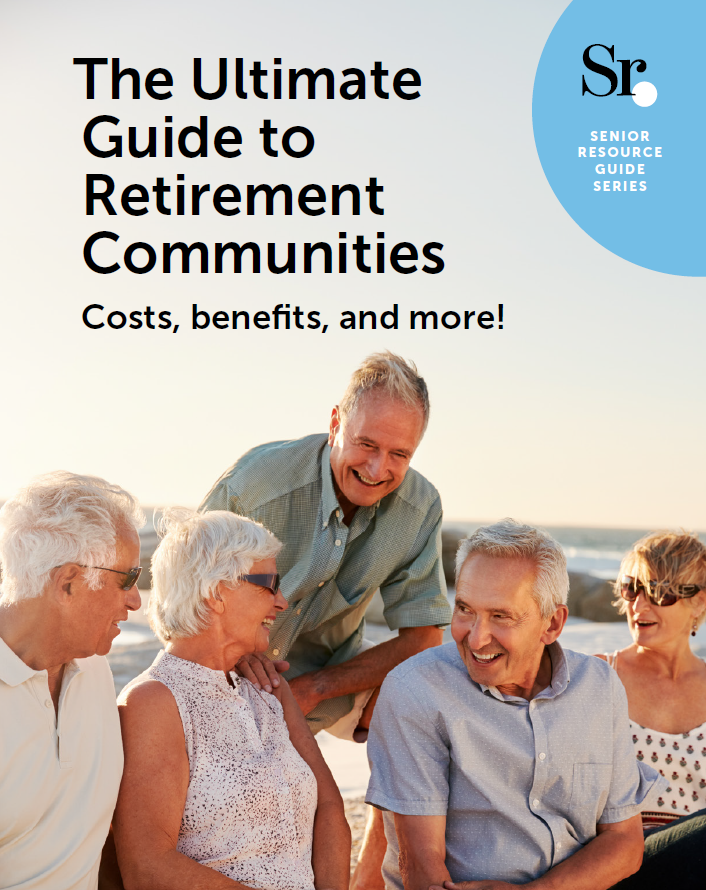
The Ultimate Guide to Retirement Communities
Get The Guide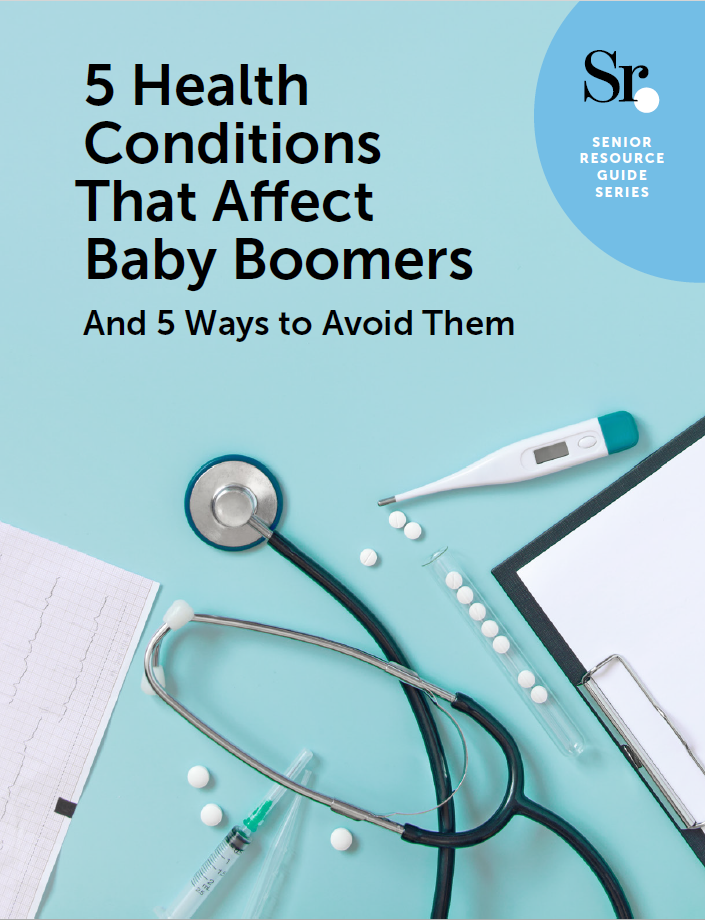
5 Health Conditions That Affect Baby Boomers and 5 Ways to Avoid Them
Get The Guide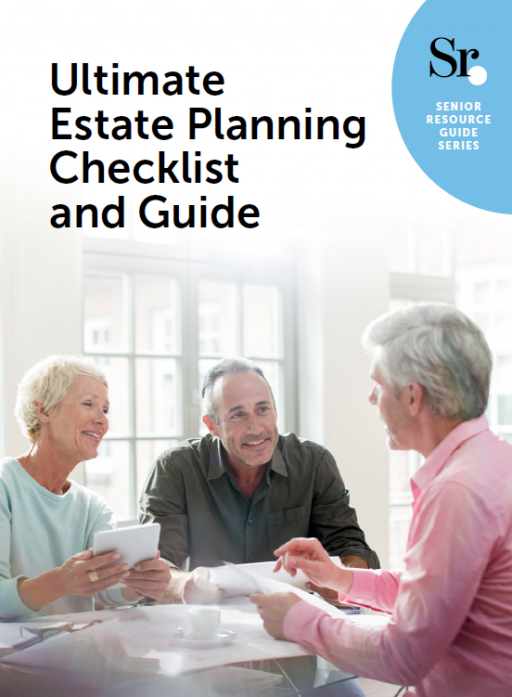
Ultimate Estate Planning Checklist & Guide
Get The Guide